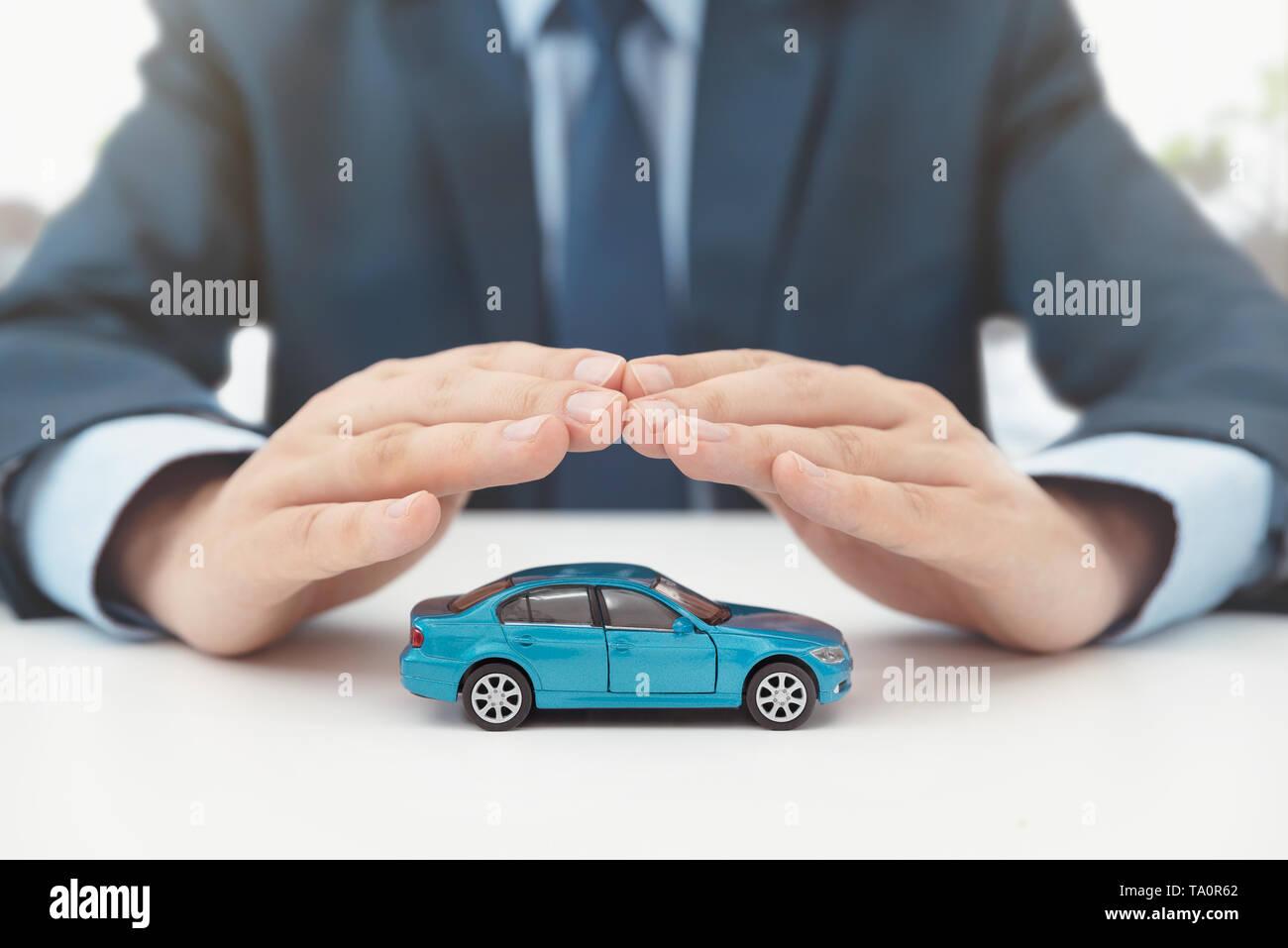If you’ve been in a car accident, there’s a good chance you’ll need to file a claim with your insurance company. But who gets the auto insurance check? It depends on the type of insurance claim you file. If you are at fault in an accident and file a liability claim, the insurance check will be given to the other driver involved in the accident.
However, if you file a collision claim, the insurance check will be made out to you and can be used to pay for repairs to your vehicle. Basically, who receives the claim-payment check depends on who caused the accident.
Read on to learn more about how car insurance claims work and save yourself from the hassle down the road.
Who gets the car insurance claims check if I cause the accident?
If you cause an accident and have collision insurance, your insurer will pick up the repair bill after you’ve paid your deductible. This is known as a first-party claim situation. In first-party claims, car insurance companies have the right to pay whomever they deem necessary to settle your loss, as long as they still abide by state insurance regulations. For instance, if you own your car, your insurer might issue a check made out to you and the body shop you’ve chosen to repair your vehicle.
However, some states, such as Massachusetts, have instituted a direct payment plan, where the claim is paid directly to you, and you can then use those funds to pay for work done at the repair shop of your choice.
Practices vary by insurance company and state. Some insurers will make the check out to the repair shop and you to cut down on fraud and guarantee the repair of your car.
In first-party claim situations, you can’t object to the repair shop being named on the insurance check if you’ve agreed to those terms within your car insurance policy.
Also, if your car is repaired at one of the insurer’s recommended or preferred repair shops, you may never get a check at all.
Who gets the claim check if my car is a total loss?
If you are in an accident and file a claim, an insurance adjuster will inspect the vehicle to determine if it is repairable or a total loss. What happens to the claim check if the car is declared a total loss and there will be no repairs?
So, if you are in an accident and your vehicle is declared a total loss, the check will go to whoever owns the vehicle.
Who gets the insurance check when there is a loan on your car?
If there is a loan on your car, your insurance company will issue a check in your and the loan provider’s name. You’ll not be able to deposit or cash the check without the lienholder’s signature. The check needs to be endorsed by both parties involved.
The lienholder will continue to have an interest in your vehicle until the loan is completely paid off. They want to make sure that the money goes towards the repair of the damaged vehicle and not for you to buy something for the household.
After you get your vehicle repaired, you’ll have to show proof to the loan company that the car is repaired, such as pictures of the vehicle before and after repair, the body shop bill, etc. The lienholder will verify the details and release funds to the repair shop minus the deductible.
It’s time-consuming, but the lienholder won’t endorse the check until they are assured that the payment is used to fix the vehicle. Similarly, the body shop needs payment before delivering the car to you.
QuickTake
Who gets the claims check if my car is leased?
Car leases and loans can throw an extra wrinkle into the first-party claims-paying process because your insurer will likely issue a check made out to you and your leaseholder or lienholder. That means you have to go to the bank or mail your check to the financial institution for its signature. There’s no telling how long that can hold up the return of your fixed vehicle, but count on doing some extra legwork.
When a lienholder’s name is included on the check, they have to examine the vehicle to get the check endorsed, which can take weeks.
To get the payments covered, you’ll need to bring the vehicle to a dealership and ask a representative to sign a statement saying the car has been repaired. You must then mail the repair shop’s bill, photos of your repaired vehicle, and the check to the lienholder or leaseholder. The bank or lender will then endorse the check, send it back, and you can pay for your repair.
If your lender is a local bank, you’ll probably need to have a bank officer examine your car so they can make sure it was repaired. This process can be time-consuming and may delay the delivery of your repaired vehicle because a body shop can repair your vehicle but generally won’t return it to you until the bill has been paid. If your car is totaled, the insurer again has the option of making the check out to you alone or you and your creditor.
How to get a third-party auto insurance claim check
If someone else smashes into your car and their insurance company pays for the repairs, you are a third-party claimant. This is typically less hassle than first-party claims because you have no obligation to that insurance company. The insurer can’t dictate who it pays the money to because it doesn’t have a policy contract with you. In most third-party claims, insurers pay the claimant directly.
If your vehicle has been totaled in a third-party claim, the at-fault party’s insurance company will likely pay only you. Of course, if you have a lease or a loan, it’s your responsibility to ensure your creditors get the money you owe them.
What happens if my car was repaired but I never got a car insurance claims check?
While most insurers allow you to use whatever repair shop you like to put your car back together, many have a list of Direct Referral Program auto body repair shops, which are their preferred repair shops. If you choose one of their shops, the insurance company will usually pay the repair shop directly. However, you will need to pay the deductible to the repair shop.
One of the benefits of using a preferred auto repair shop is that your insurance company will usually cover any additional work that did not come up on the original estimate. Also, the shop is usually pre-vetted by the insurer, and you won’t have to become a middleman to figure out what insurance will cover.
However, there can be downsides to using a preferred shop. Many of these repair businesses tend to be loyal to the insurance company, doing what they can to lower the repair bill for the insurer. This can lead to cutting corners or using parts that are not from the original manufacturer, which can void your vehicle’s warranty.
But there are regulations at a state level that prohibits insurance companies from forcing policyholders to get their vehicle repaired at their recommended facility. For example, in Massachusetts, individuals are in no obligation to choose the insurer’s preferred repair shop. It’s up to the vehicle owner where they want to get their car fixed.
How do car insurance companies pay out claims?
The Insurance company sends you a check or transfers the payment to your bank account. They may also send the settlement check directly to the repair body shop.
To get the money as soon as possible, notify your insurance company about the accident as soon as you can. Your insurer will then assign an adjuster to inspect the damage and determine how much the repairs will cost before releasing any funds to ensure it’s not a fraudulent claim. Once the repairs are completed, you will need to send the insurance company a copy of the paid invoice in order to get reimbursed.
How long does it take to receive a car insurance claim check?
The amount of time it takes to receive a car insurance claim check varies depending on the insurance company and the type of the claim. In general, it usually takes around 30 days for an insurance company to settle a small claim. However, it could take longer if the insurer needs to investigate the claim further.
Some states require insurers to complete a claims process within a specific period. For example, California state laws obligate insurance companies to acknowledge a claim within 15 days, accept or reject a claim within 40 days and send the payment check to the insured within 30 days. If your insurer fails to acknowledge the claim even after 15 days, you can contact the state’s insurance department.
Do I have to repair my car with an insurance check?
If you own your car and do not have a loan or lease, you can technically do whatever you want with the money the insurer pays out. It doesn’t have to be used to repair or replace your vehicle.
You can choose to look around for a cheaper mechanic to fix the vehicle, drive it as is, or even fix it yourself if you have the skills. However, there are some things to consider if you decide to spend the insurance money elsewhere.
- Future problems are yours: If you choose to ignore the repairs and the problem gets worse over time or results in additional issues with the vehicle, your insurer will not pay up. You will be on the hook for any issues that result from not getting your car properly repaired. This is also true if your cut-rate mechanic makes a less-than-professional repair or makes the problem worse.
- Future claims will be scrutinized: If you get into another accident or suffer damage from a storm, your insurance company will refuse to pay to repair previous damage you didn’t previously fix.
- Some repairs are necessary: While you may be fine driving a dented or hail-damaged car, some repairs are necessary and can cause serious injury if not fixed. Always make sure that the damage doesn’t impact any electrical or safety systems and have it repaired if it does.
Additionally, many state law requires cars to have bumpers and other specific features. If those have been damaged, they will need to be repaired before you get back on the road. Check local laws to see what your state requires.
Knowing the claims-paying process can help expedite your repair and reduce surprises. And, if you have a car lease or loan and make a first-party claim, you should make an appointment ahead of time with a dealership or your bank for the inspection of your fixed car. That way, you can put the accident behind you, give the body shop its money, and get your vehicle back.
If it’s time to shop around for new car insurance, use Insure.com’s annual list of the top-rated auto insurers to help you find a company that can save you money.
Do insurance companies send you a check?
Depending on the insurance company, you may receive a check to pay for the repairs or they may send you money through direct deposit. Others may require you to pay for the repairs and then submit a request for reimbursement. Before you file a claim, it is important to check with your insurance company to find out their specific procedures.





